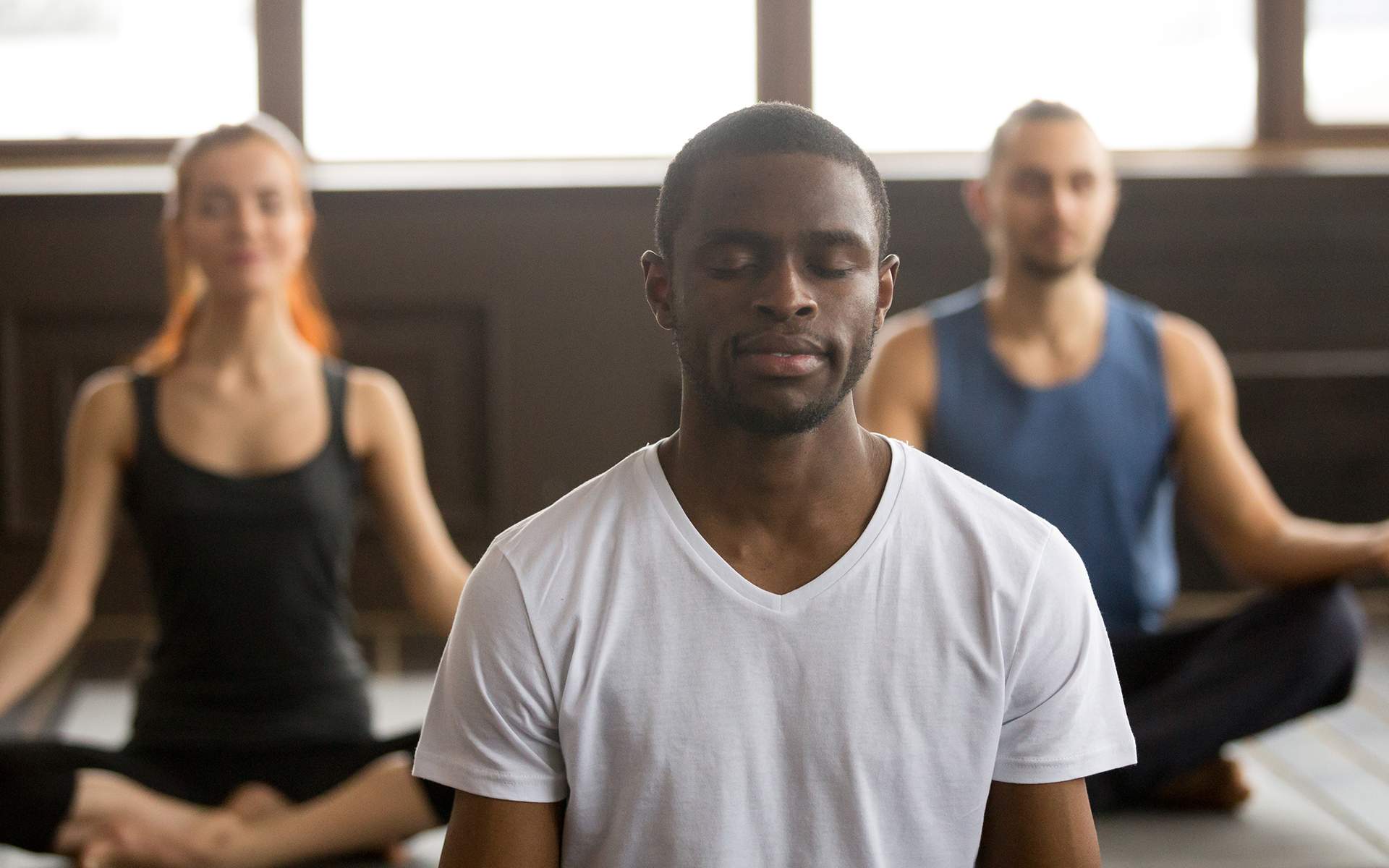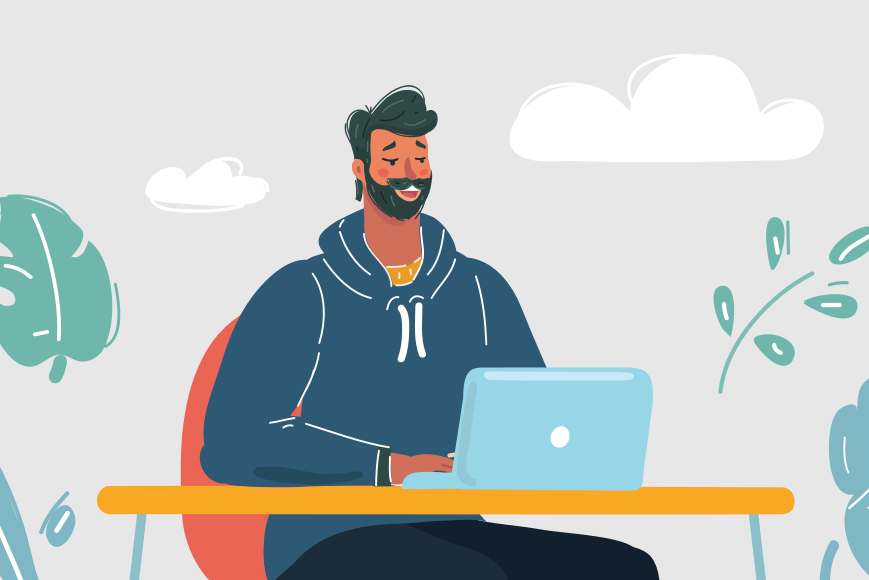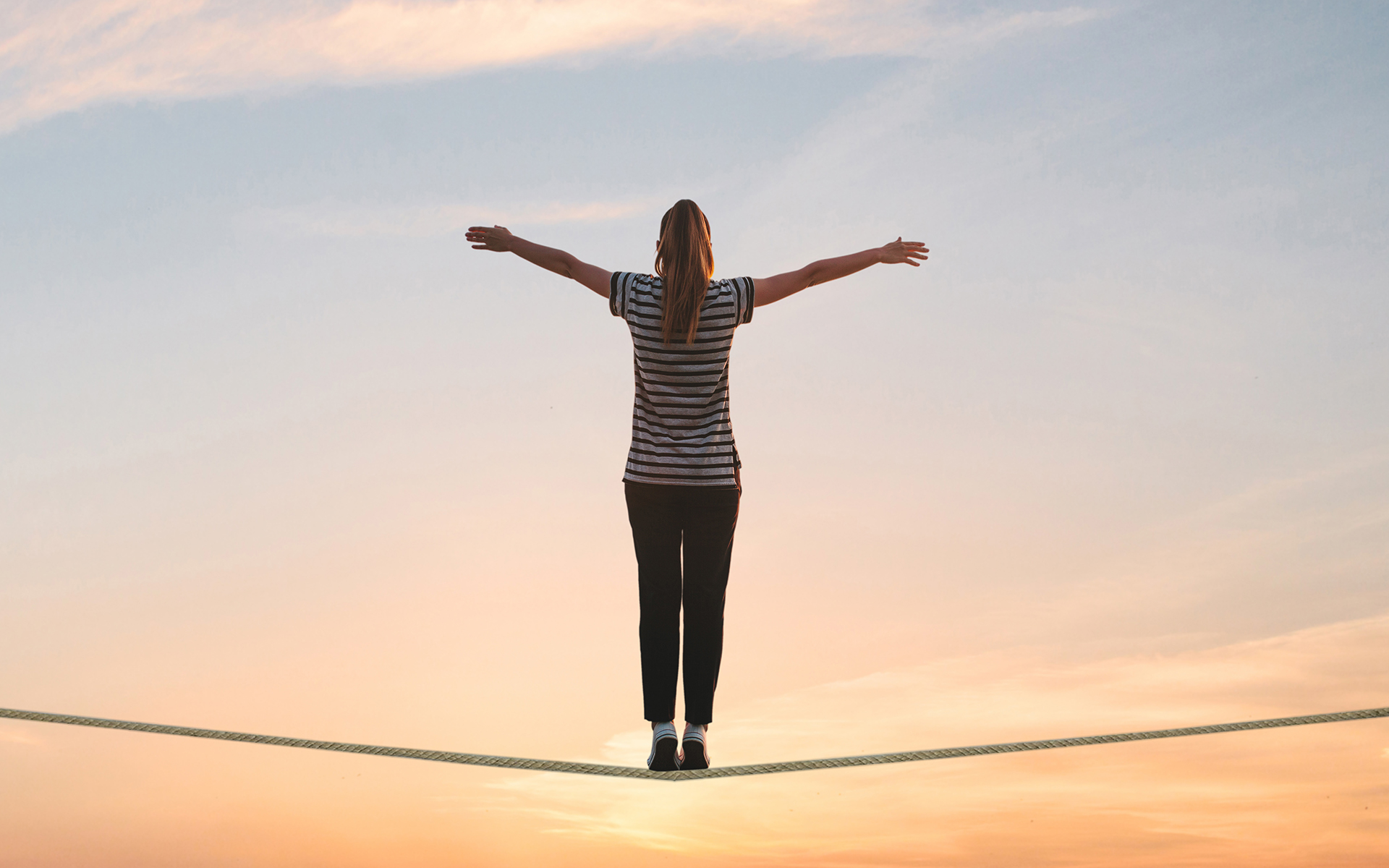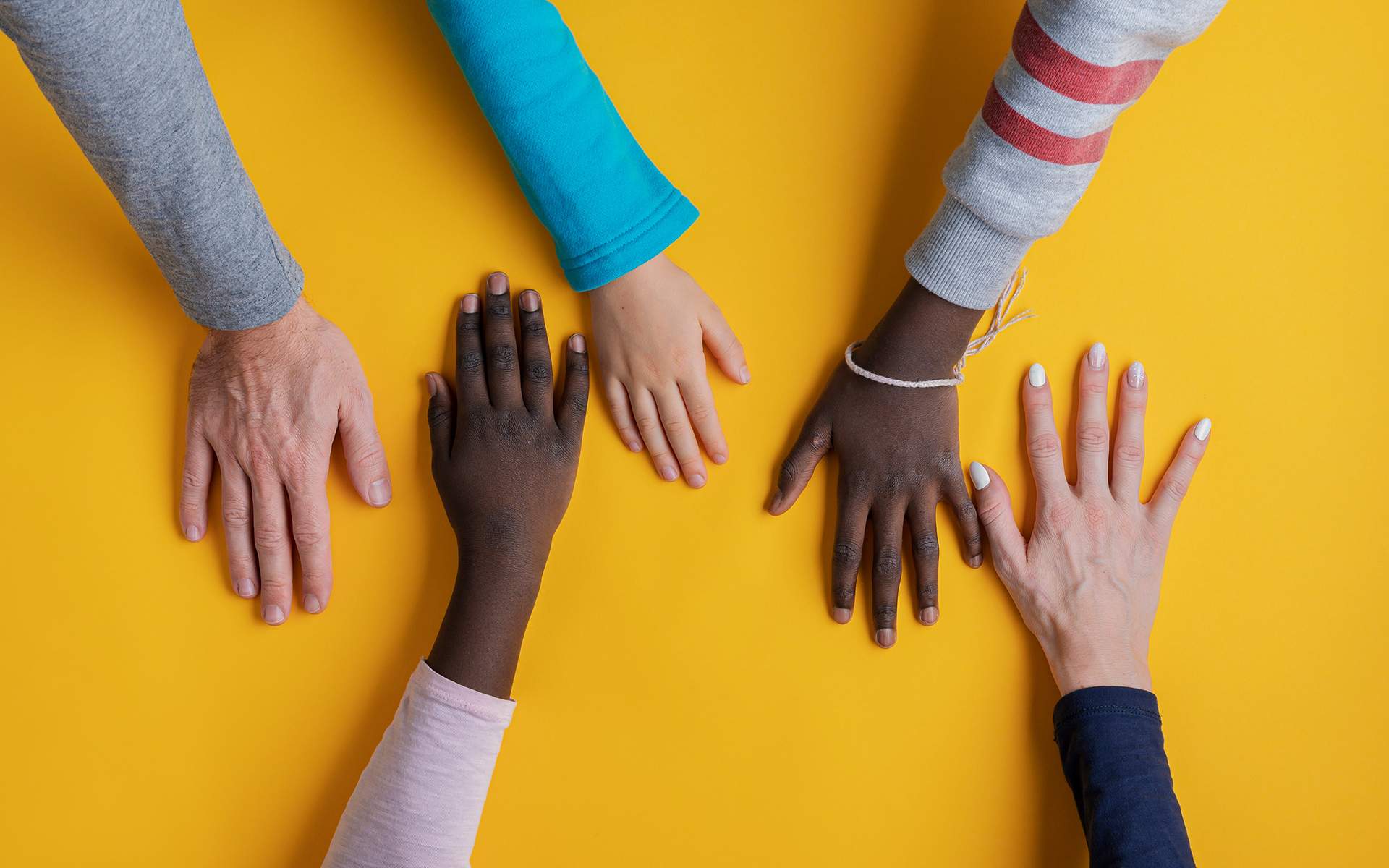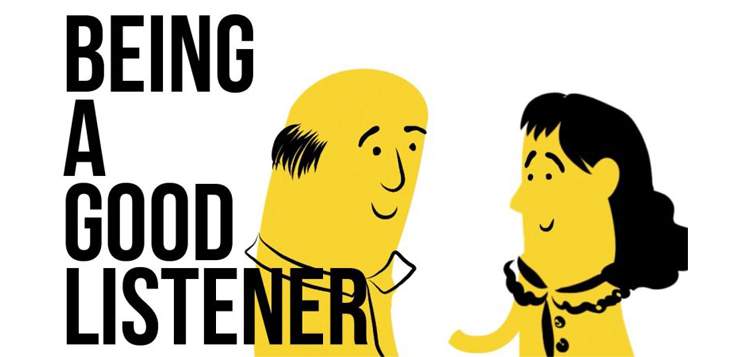I was touched today upon reading this beautiful poem by Micky ScottBey Jones, and it inspired me to reflect on how we might be sure our teaching spaces are places of support, encouragement, love, and safety in these deeply unsettling times.
An Invitation to Brave Space
Together we will create brave space
Because there is no such thing as a “safe space”
We exist in the real world
We all carry scars and we have all caused wounds.
In this space
We seek to turn down the volume of the outside world,
We amplify voices that fight to be heard elsewhere,
We call each other to more truth and love
We have the right to start somewhere and continue to grow.
We have the responsibility to examine what we think we know.
We will not be perfect.
This space will not be perfect.
It will not always be what we wish it to be
But
It will be our brave space together,
and
We will work on it side by side.
I have watched with pain in my heart as the terrible events of the past few weeks have amplified the echoes of far too many similar events of weeks, years, and centuries past. Too many terrible acts to name but all collectively to be remembered and to be the catalyst that finally initiates a sea change toward a world where Black lives (and those of all racialized people) matter, none less than another.
And the question becomes: How do we each find our way forward in light of this? What can and should be done in our teaching? How does self-compassion help us (as well as our participants) to be strong, resilient, resolved, and brave?
Each of us carries the weight of this suffering to different degrees, and because it is our constant companion, it comes with us into the classroom. And there we encounter other humans who are carrying their own burdens, and together we endeavor to do something meaningful, “working on it side by side” while engulfed in the flames of deep societal suffering.
As our weary and outraged participants look to us as teachers to guide them and to find a way to soothe the pain in their hearts, we may be feeling the weight of the world upon our shoulders. What can we do in this encounter to create a brave space that can “turn down the volume of the outside world” and “amplify voices that fight to be heard elsewhere”?
The Call to Look Inward
Moments like this, to me, mimic the private moments of despair and pain that each of us faces nearly every day when something outside of us triggers pain inside of us. The emotional trickery of those moments is that we believe we are best served by exclusively looking outward at the cause, rather than inward at the pain.
And that is where WE, as teachers, must start as well. We might begin by inquiring within about how we are meeting our own suffering over racial inequality, injustice, and privilege. And, when it comes to bringing people together and perhaps opening the door to sharing and dialogue, what struggle arises in us when we contemplate breaking the culture of “white silence” (if we are white) and speaking about race, racism, and systemic oppression?
Can we refrain from telling and instead choose to ask with love in our hearts?
Speaking for myself, I can feel my heartbeat quicken when I contemplate opening to issues like this, especially in my role as a teacher. I am not accustomed to speaking about such things, but something in my DNA really deeply wants to, even in the context of a mindfulness or compassion course. But as someone out of his element, I have a feeling like I am walking into an emotional minefield when I contemplate joining the conversation. Even now as I write these words, I feel a rising tide of hesitancy, doubt, and fear in my gut, and I ask myself, “Who the hell am I to talk about this?”
My head wants to say: “Mindfulness isn’t about any of these things, it’s about meeting ourselves in the midst of suffering, regardless of the cause. Just stay out of the story, avoid the topic, and get to the practice.”
But another part of me says, “Saying nothing is saying something.” I believe that not acknowledging both the presence and the source of so much pain and angst and fear and anger and outrage in our participants makes us complicit in the longstanding denial of the reality of these despicable aspects of our society.
So maybe I might comfort and soothe my aching heart and feel my—all of our—unmet needs for justice, equality, and fairness in the world that lead me to anger and outrage. From this place of self-compassion, I might consider beginning to look within for ways of meeting those needs through my attitude, words, and deeds, and then “work on it side by side” with my participants.
Sharing in Each Other’s Humanity
Once I have touched and held my own suffering, I believe I can tenderly but bravely support others in doing the same. With the deepest of respect for the profound suffering that is held in the hearts of so many (a skill we as teachers already know well), we can walk slowly, invite courageous and heartfelt sharing that can easily pivot to pregnant healing silence, and above all else, be humble.
Can we refrain from telling and instead choose to ask with love in our hearts? Can we let the gentle spotlight of kind attention rest on those in our groups instead of on ourselves, as we instead embody compassion, patience, kindness, and loving strength?
I am committing here to creating this kind of brave space that does not polarize, but instead reminds us of our common humanity—that each of us belongs to the human family, but each has our own particular experience of that belonging.
In the end, I believe the question becomes whether we can hold it all within the context of developing the resource of mindfulness and self-compassion.
Can we bravely consider the possibility that we have blind spots, biases, and beliefs that are not immediately apparent to us and begin to know what we don’t know?
As teachers, we must not lose sight of our own practice, when we meet our particular suffering over the state of affairs in our world. Can we bravely consider the possibility that we have blind spots, biases, and beliefs that are not immediately apparent to us and begin to know what we don’t know? (See the resources below for some first steps.) And can we find our way into our own bodies and hearts when we encounter our suffering participants? Together we can create a brave space from which action can be formulated, even if that action is, at first, no more immediate than to comfort and encourage ourselves in moments of fear and discouragement, giving ourselves the inner strength and resolve to continue looking for more that we can do when the time is right. And never ceasing in our efforts on behalf of ending socio-cultural oppression in all its forms.
“This space will not be perfect,” yet it can still be a place of bravery, healing, and change, where each heart begins to heal, even while our collective heart is broken. There is no better time than now to be a teacher of mindfulness and compassion in a world that so obviously needs it. May you find your own way to the action that is right for you, and let us all “work on it side by side.”
Resources to Get Us Started
“How I have Learned to Stop Worrying and Love Talking Race” a TEDx video that speaks directly to self-compassion.
The Inner Work of Racial Justice by Rhonda Magee. Rhonda’s work in this area is widely respected and very relevant to the work of teaching mindfulness and compassion.
Anguish and Action: An initiative of the Obama foundation.
White Awake: White Awake combats white supremacy by focusing on educational resources and practices designed to engage people who’ve been socially categorized as “white” in the creation of a just and sustainable society.
read more
How to Find a Mindfulness Meditation Teacher Near You
The Mindful Directory is a rich new resource, uplifting mindfulness leaders and practitioners at all levels to help access the teachers and events to take your mindfulness practice further.
Read More
Self-Compassion Practices to Deepen Your Resilience
Resilience expert Linda Graham presents two ways you can ease anxiety and fear with the research-backed benefits of self-compassion.
Read More
Using Mindfulness to Break Racial Bias
Anu Gupta, founder and CEO of BE MORE with Anu, offers five portable compassion-based tools to face and transform racial bias at work and in day-to-day life.
Read More


